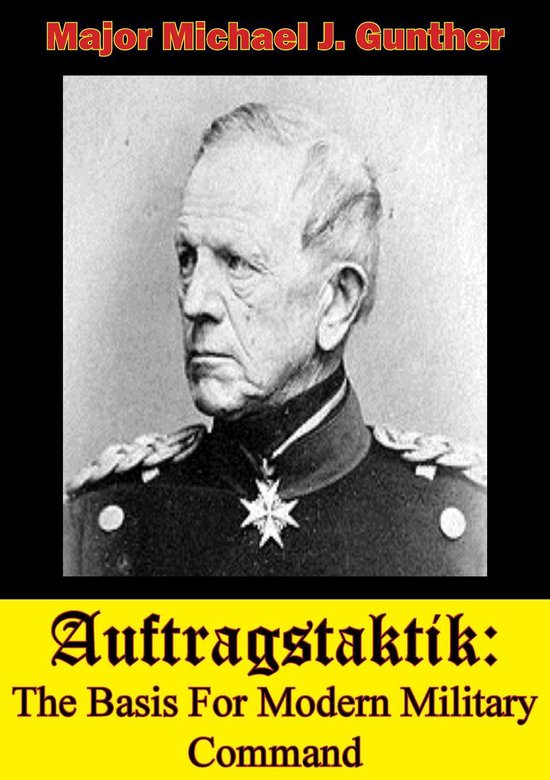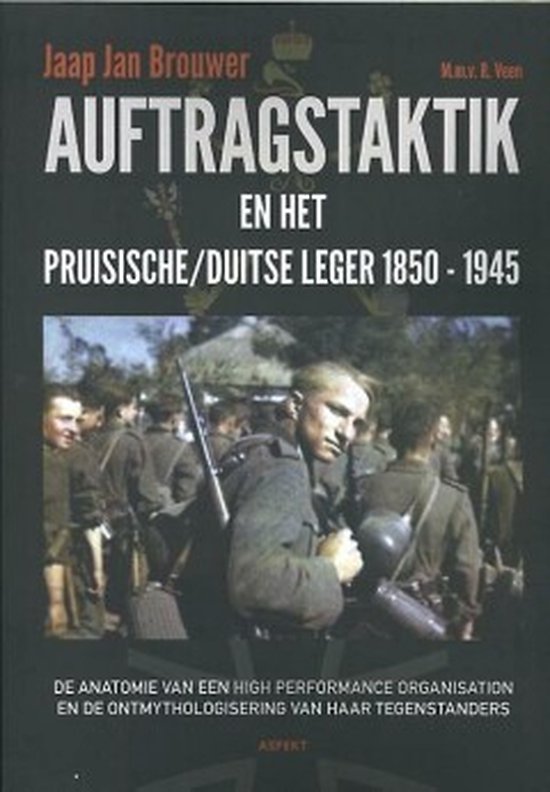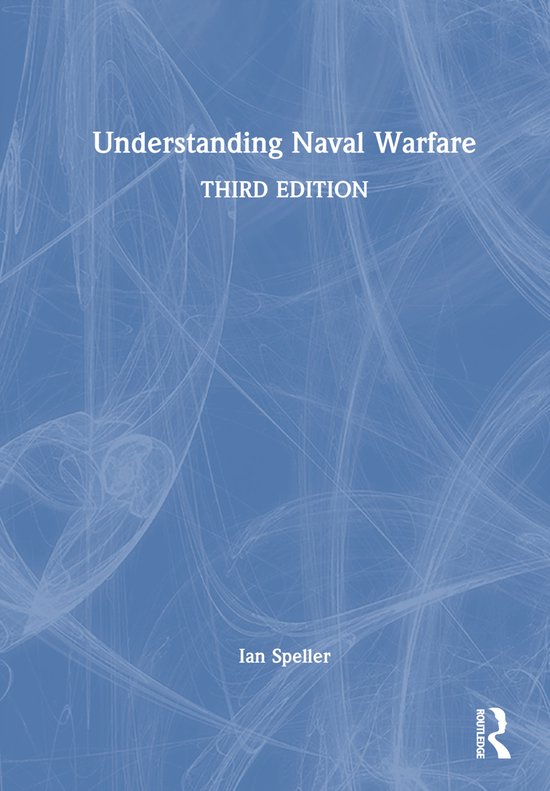
Auftragstaktik: The Basis For Modern Military Command
Gen. Helmuth von Moltke, the Chief of the Prussian General Staff during the Franco-Prussian War, defined Auftragstaktik as the actions a subordinate took in the absence of orders that supported the senior commander’s intent. The use of mission tactics allowed subordinate commanders like Crown Prince Frederick Karl, Gen. Konstantin von Alvensleben, and Gen. Karl von Steinmetz to interpret how best to achieve the commander’s intent based upon their understanding of the tactical situation. The Prussian use of decentralized command during the Franco-Prussian War acknowledged the risk inherent in this system of command. Despite what modern military theorists often write, Auftragstaktik and mission command are not synonymous terms. Most authors ignore the historical environment that the Prussian military operated in during the Franco-Prussian War. This study examines the influence of the Prussian concept of Auftragstaktik on the modern US Army notion of mission command as defined within the published doctrine. It utilizes archival records and pertinent published histories from the August 1870 battles on the Franco-Prussian frontier, Moltke’s 1869 Instructions for Large Unit Commanders, as well as writings from the 1980s to describe the influence of Prussian system on the modern concept of mission command.
| Auteur | | Major Michael J. Gunther |
| Taal | | Engels |
| Type | | E-book |
| Categorie | | Geschiedenis |





